An online examination offers many advantages, but its anti-cheating mechanisms deserve a special mention. Your examination drive, its efficacy and your institution’s reputation hinge squarely on the quality of the examination. And you cannot maintain its quality without robust anti-cheating mechanisms. It does not matter how meticulously you have planned the administrative details. An examination whose integrity is questioned is an exercise in vain. Let us briefly look at the various anti-cheating mechanisms offered by online examinations.
A. AI proctoring: AI proctoring means using Artificial Intelligence-based proctoring to monitor test-takers to negate cheating instances during online assessments. Companies such as Mercer | Mettl offer online exam software with proctoring (AI proctoring) to observe the candidates’ live webcam feed and auto-flags up to 18 digressions with upward of 95% accuracy. Its futuristic AI algorithm is trained with more than 2.8 million proctored assessments. It offers an intelligent algorithm configured to flag various suspicious cases, such as the non-visibility of face, presence of an additional person, presence/ detection of mobile phone, test-takers’ distracted eye movement, etc. Its AI-based audio proctoring software also scans test-takers’ physical environment for additional sounds or noises using the microphone. It accurately identifies details, such as low sound levels, whispers, mumbling and other such discrepancies, to ensure a safe examination environment.
B. Manual+ live proctoring: Aside from driving the examination invigilation purely using AI proctoring, you can employ a mix of manual and live proctoring. You can use features such as one-to-one and one-to-many proctoring. Live proctoring enables a classroom view to human invigilators monitoring remotely. Companies such as Mercer | Mettl offer such features, besides enabling you to pause/stop/resume a test in real-time with a live chat option, allowing invigilators to interact with test-takers to address their queries or concerns. It is possible to view the entire recorded session later using the proctoring software. Such real-time interventions and provisions add teeth to the invigilation exercise, ensuring a high-quality examination experience.
C. Secure exam browser: One of the most iterated concerns by administrators in giving online examinations is the lurking fear of test-takers using the internet and the browser to surf countless websites to find the answers to the examination questions. It is a valid and logical argument. However, robust online exam software features such as secure browsing allow academicians to host an online entrance exam in a safe environment without worrying about on-screen cheating. Leading service providers offer browser lockdown functions, allowing minimum navigation control and block all external ports. They offer secure browsers restricting access to all unauthorized resources. Such an arrangement prevents test-takers from surfing the web.
D. Test-takers’ authentication: Physical examinations allow administrators to establish the credentials of the test-takers without any doubts. You may feel a tad shortchanged, wondering how you would do the same when undertaking an online test. How do you validate the test-takers’ credentials? Test-takers are taking their exams remotely, and you do not have the means to verify their credentials physically – to ensure the right students are taking the test. You can negate such concerns by validating their credentials online. Leading service providers offer a three-stage candidate authentication using email, OTP and matching the registration details, plugging all possible means of fudging the system and impersonation. Therefore, it assuages your concerns about safeguarding your examination’s integrity, much akin to the physical examination process.
E. Invigilating the invigilators: A detailed arrangement with proctors keeping a strict vigil on the test-takers is a well-accepted maxim for offering tests. However, you can never be too sure! I say this with a tremendous sense of responsibility that I am not insinuating the lack of ethics from proctors. However, the probability exists that your proctors may not be invigilating as desired, or they may be lured into offering an undue advantage to some test-takers. Online examination service providers have thought of these possibilities too!

It is a wonderful demonstration of how technology has evolved continually to address the existing loopholes, creating an increasingly fool-proof ecosystem for giving examinations.









 Behavioral Competencies
Behavioral Competencies Cognitive Competencies
Cognitive Competencies Coding Competencies
Coding Competencies Domain Competencies
Domain Competencies



















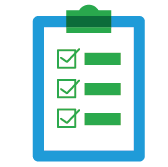


















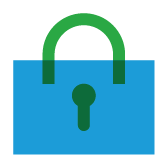



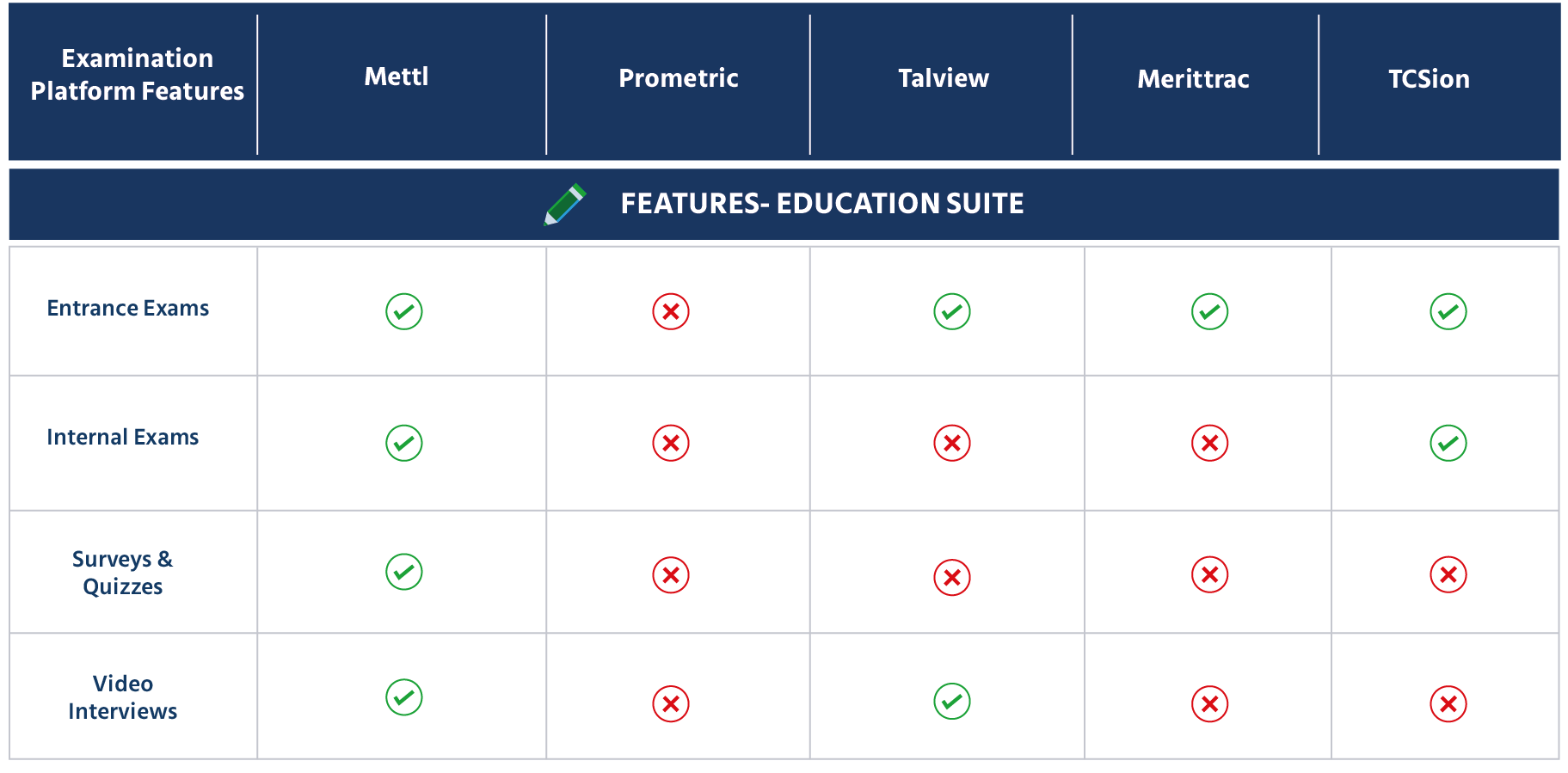
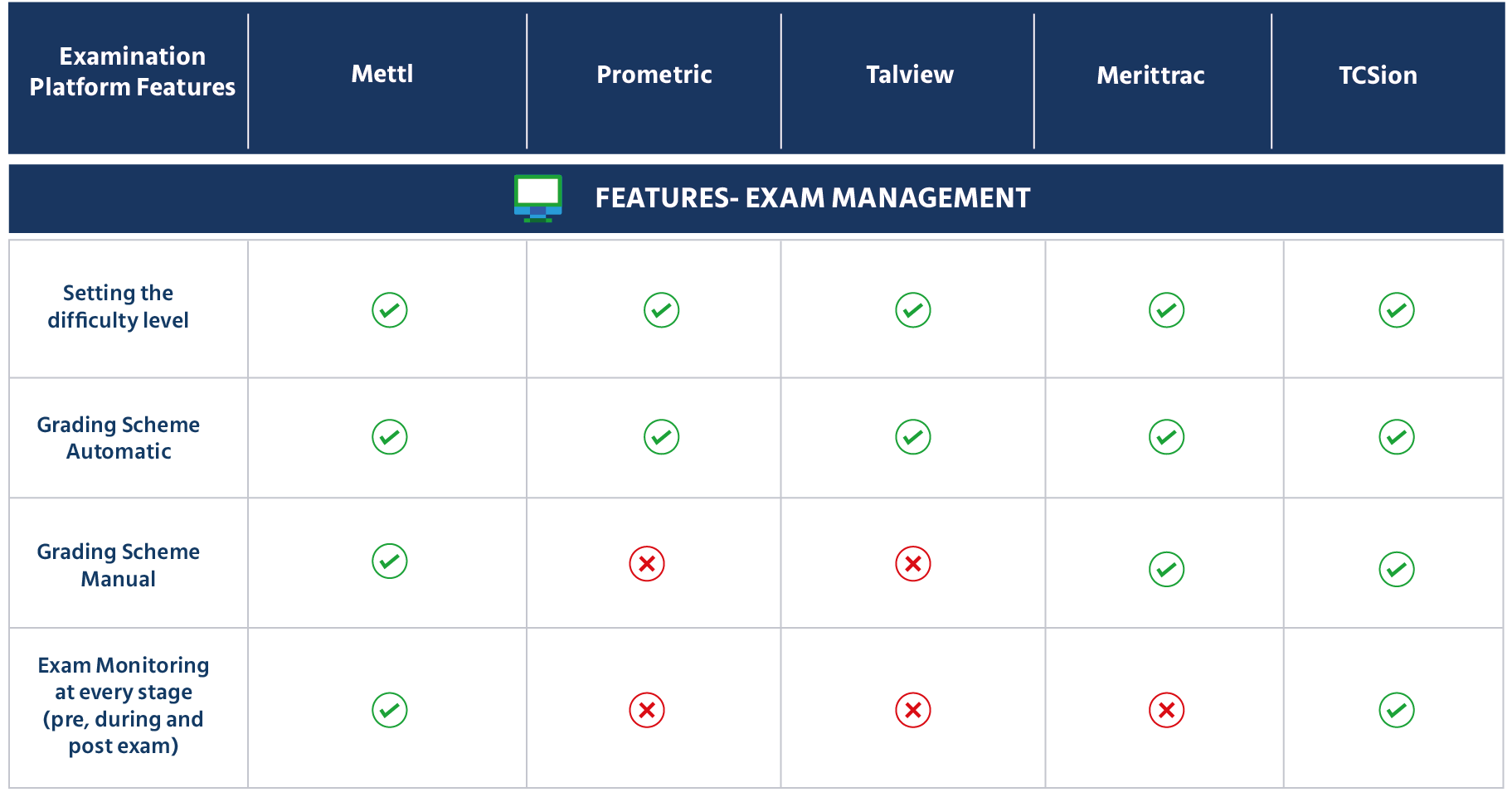
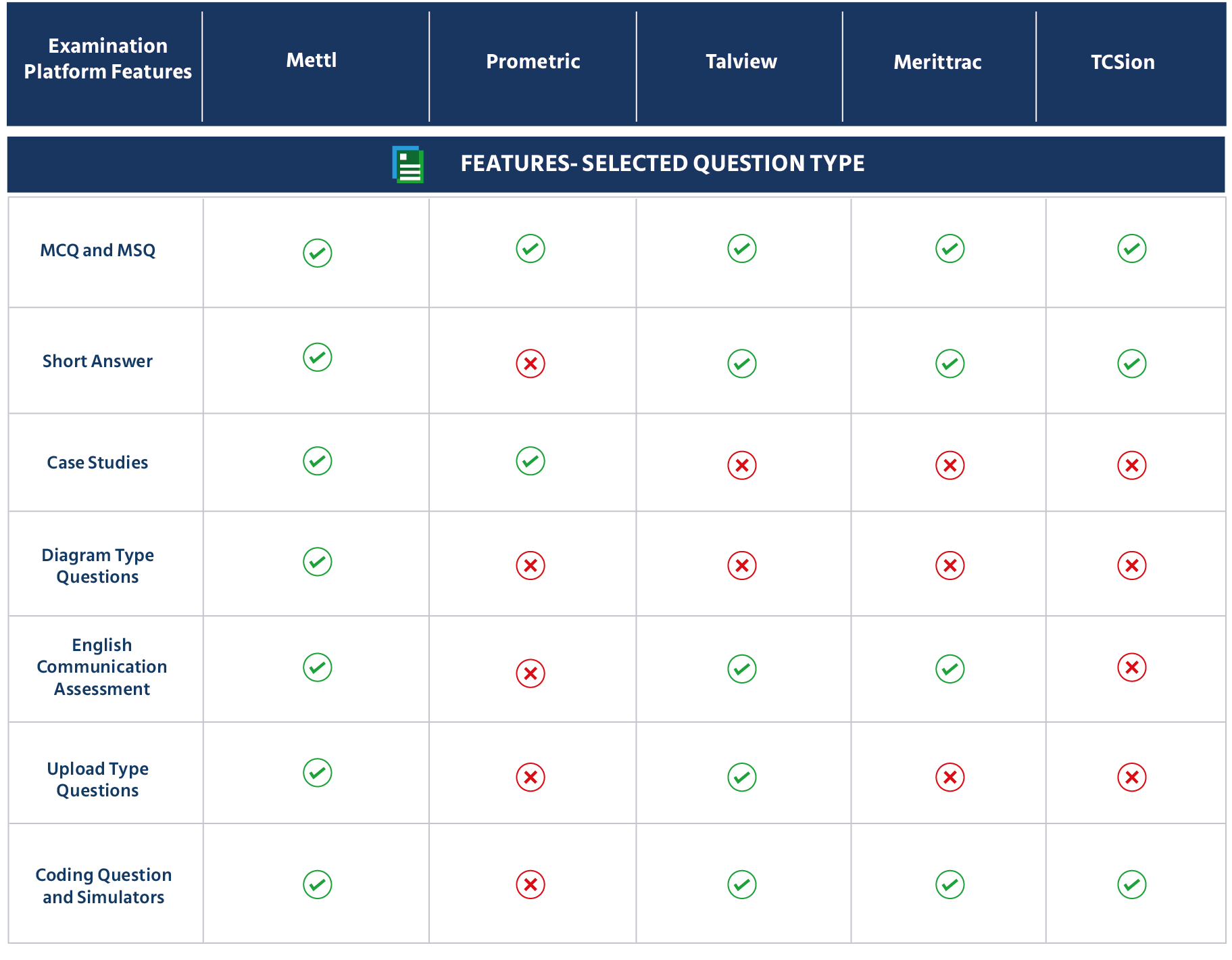
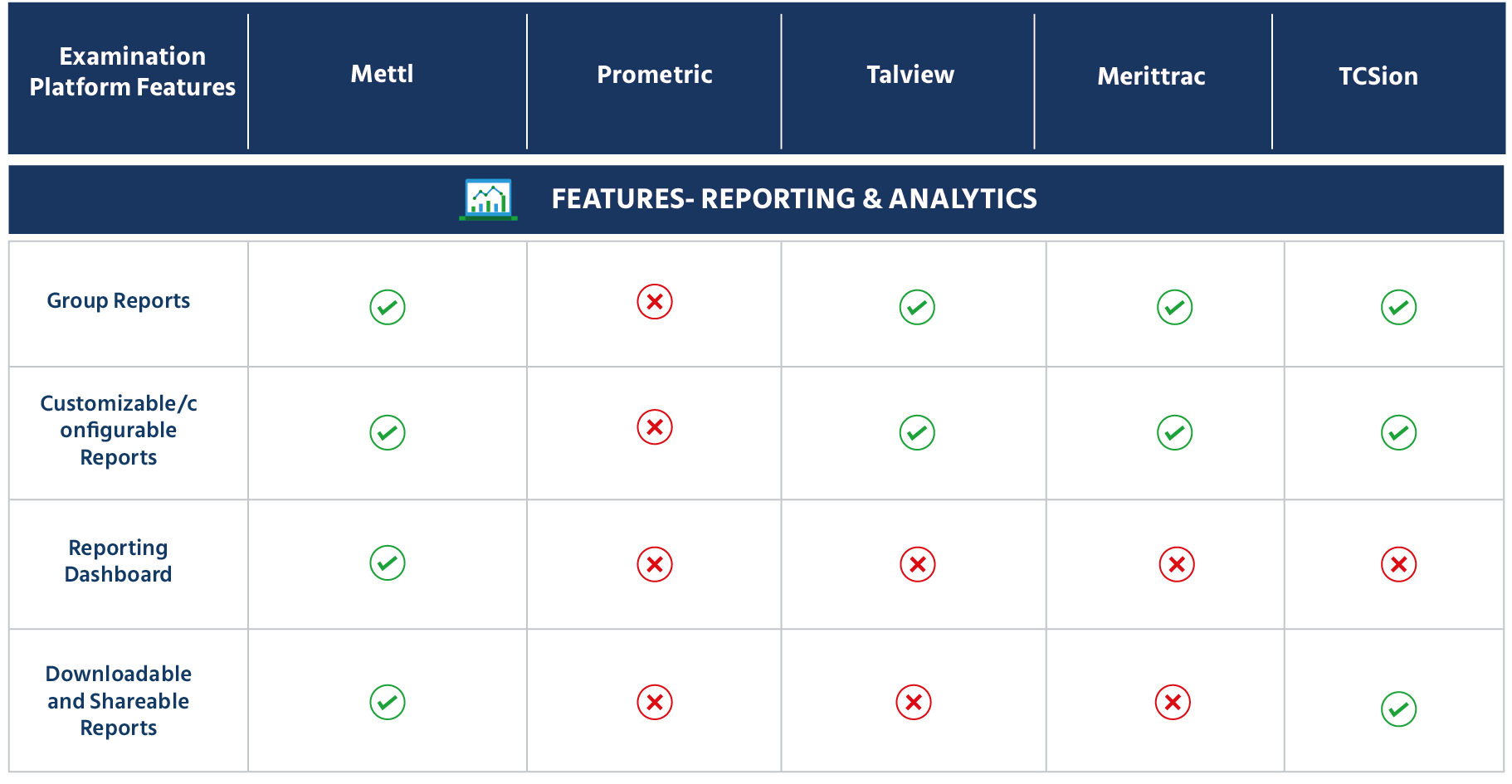
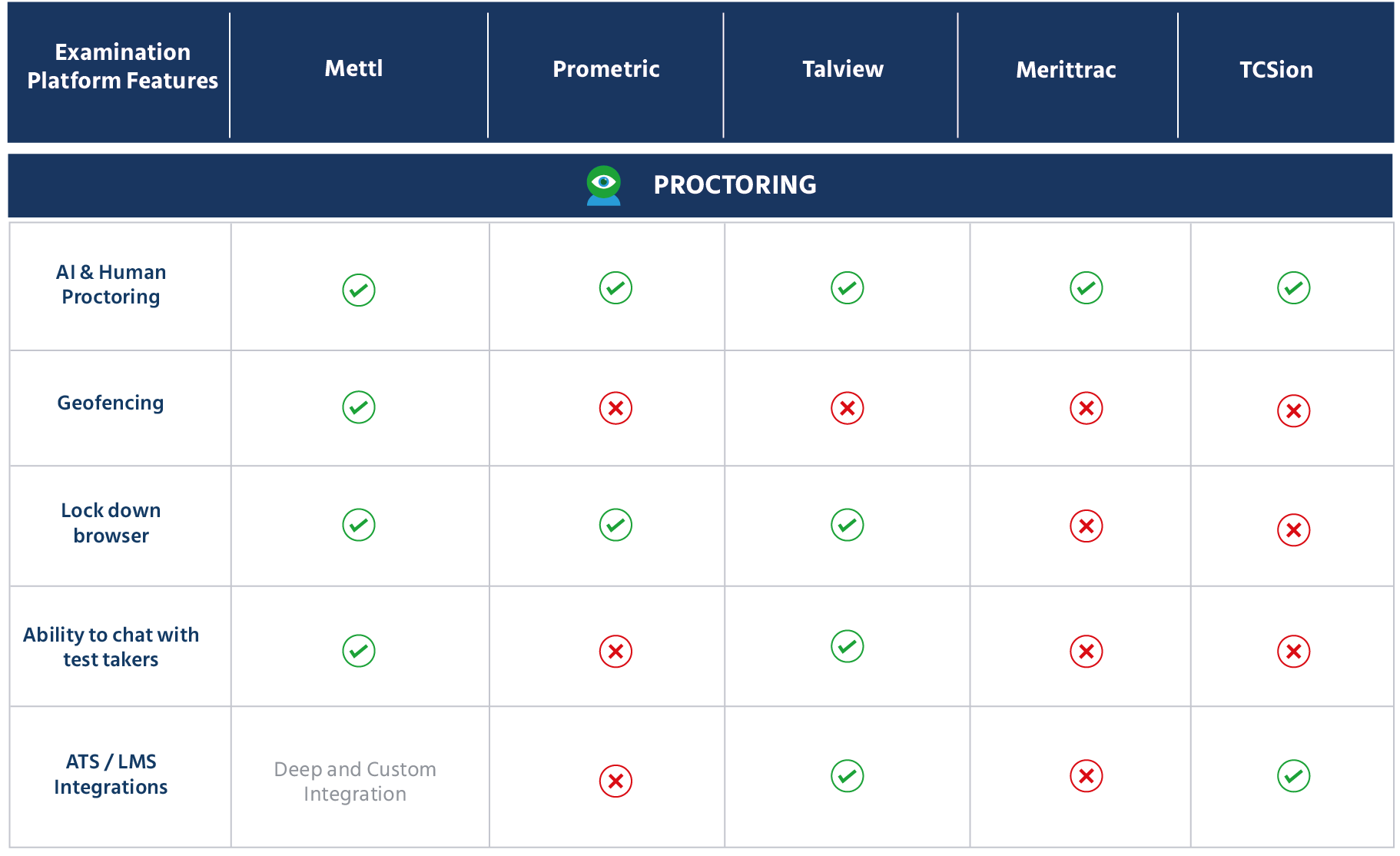
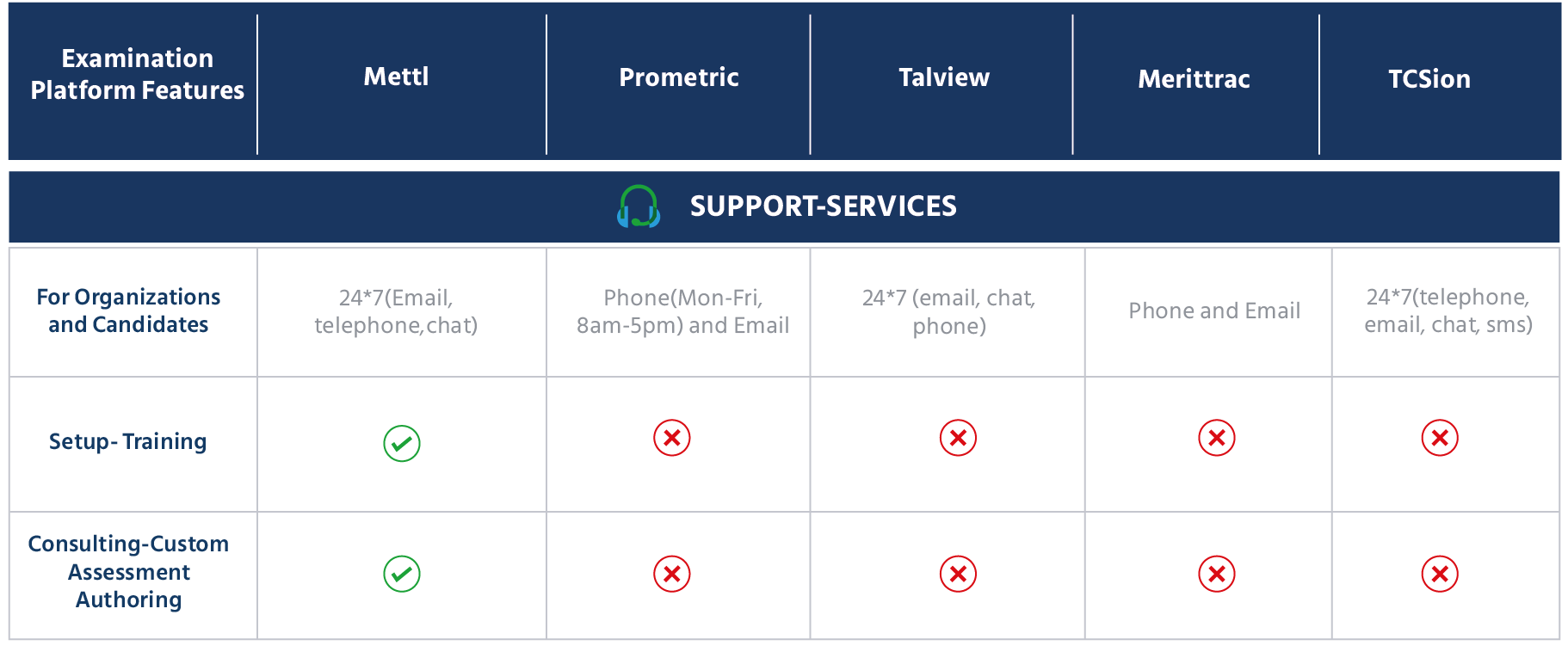













Would you like to comment?